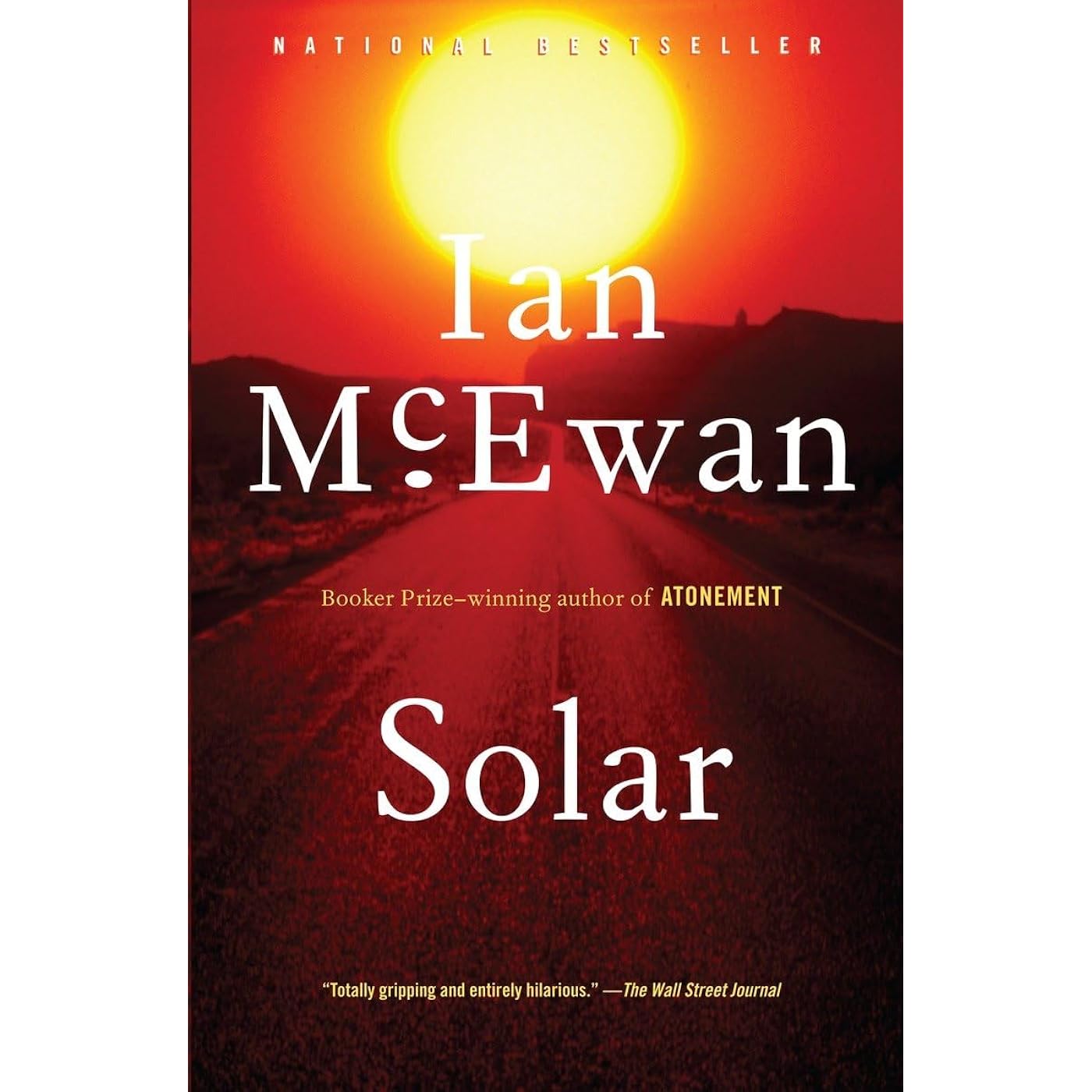

Ready to go? Add this product to your cart and select a plan during checkout. Payment plans are offered through our trusted finance partners Klarna, PayTomorrow, Affirm, Afterpay, Apple Pay, and PayPal. No-credit-needed leasing options through Acima may also be available at checkout.
Learn more about financing & leasing here.
Eligible for Return, Refund or Replacement within 30 days of receipt
To qualify for a full refund, items must be returned in their original, unused condition. If an item is returned in a used, damaged, or materially different state, you may be granted a partial refund.
To initiate a return, please visit our Returns Center.
View our full returns policy here.
Description
NATIONAL BESTSELLER • From the Booker Prize winner and bestselling author of Atonement, this “totally gripping and entirely hilarious” novel (The Wall Street Journal) traces the arc of a Nobel Prize-winning physicist’s ambitions and self-deception. Dr. Michael Beard’s best work is behind him. Trading on his reputation, he speaks for enormous fees, lends his name to the letterheads of renowned scientific institutions, and halfheartedly heads a government- backed initiative tackling global warming. Meanwhile, Michael’s fifth marriage is floundering due to his incessant womanizing. When his professional and personal worlds collide in a freak accident, an opportunity presents itself for Michael to extricate himself from his marital problems, reinvigorate his career, and save the world from environmental disaster. But can a man who has made a mess of his life clean up the messes of humanity? Don’t miss Ian McEwan’s new novel, Lessons. Read more
Publisher : Anchor; Reprint edition (March 8, 2011)
Language : English
Paperback : 332 pages
ISBN-10 : 0307739538
ISBN-13 : 37
Item Weight : 10 ounces
Dimensions : 5.18 x 0.76 x 7.96 inches
Best Sellers Rank: #527,170 in Books (See Top 100 in Books) #1,043 in Dark Humor #8,378 in Family Life Fiction (Books) #26,589 in Literary Fiction (Books)
#1,043 in Dark Humor:
#8,378 in Family Life Fiction (Books):